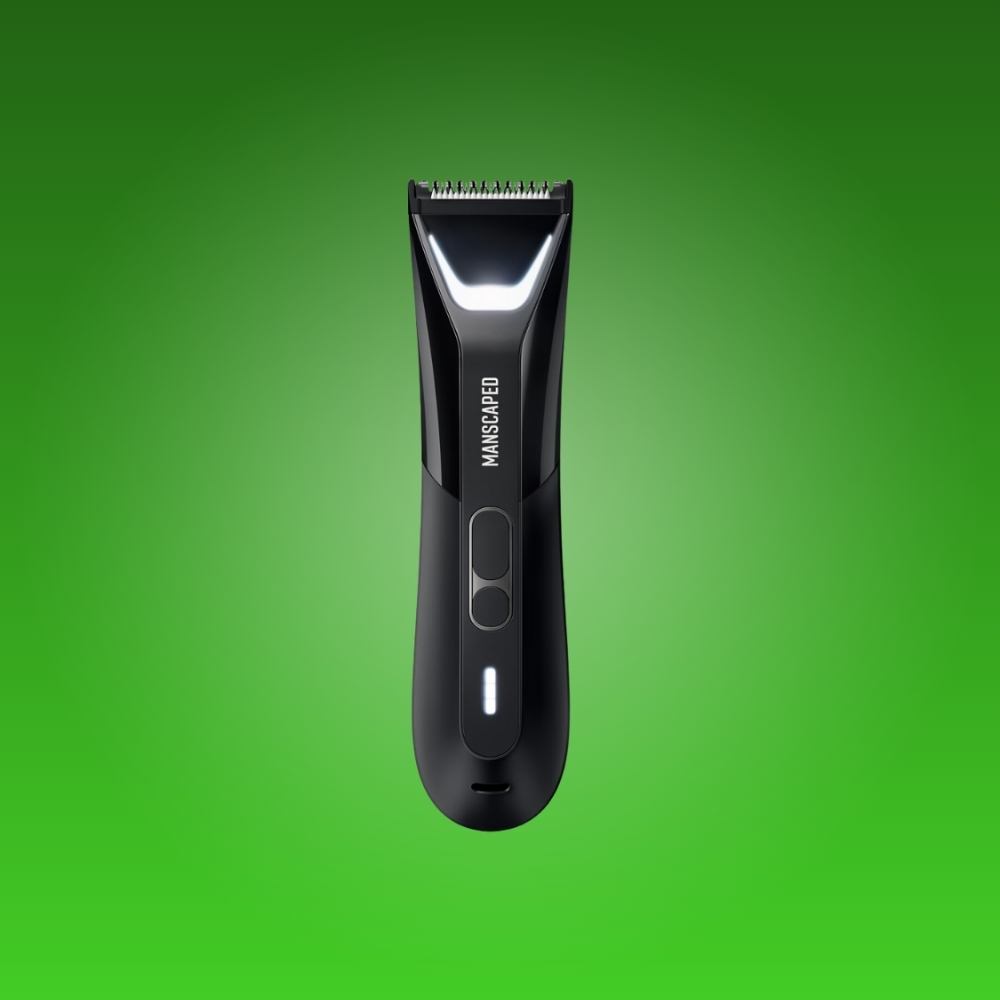
THE TYPES AND SIGNS OF HAIR LOSS
When you spot a bald patch, or pull out extra strands when you shampoo, you might be quick to assume that it’s a permanent problem. But there are two main types of hair loss: male pattern baldness (permanent) and hair shedding (non-permanent).
Related: What To Do If You’re Going Bald
Male pattern baldness (scientifically: androgenic alopecia) is hereditary and can start as early as your 20s. It can’t be reversed, but it can be treated, says dermatologist Dr Glynis Reina Ablon. The hairs are not technically lost, but they shrink from normal hairs to strands that are so fine and small that you appear bald. Treatments include topical products, oral supplements, and hair transplants. Talk to your dermatologist to see what works best for you.
But hair shedding (or hair fall) is another common type of hair loss. The follicle becomes weak, frayed, and damaged, affecting the amount of hair that stays on your head. Naturally, everyone sheds somewhere around 50 to 100 hair strands a day. But with this condition, you’ll pull away a huge clump of hair in the shower, or have your hairbrush look like an Ewok.
This type of hair loss comes from environmental damage, illness, malnutrition, and stress, says Dr Jeffrey Benabio. And stress is an umbrella term, here. It can come in the form of mental or physical stress, meaning that an outside factor is damaging your strands – like wearing a helmet that tugs on your hair, or a shampoo with harsh ingredients, Dr. Albon says. Figuring out your own triggers and avoiding them can reverse the issue; you’re looking at six to nine months before you’re back to normal.
“Technically, the hair never stopped growing,” Dr. Benabio says. “It simply was shedding more than normal.”
Related: The Best Haircuts For Guys With Thinning Hair
THE PREVENTATIVE STEPS
Identify your stressors. Is your boss giving you a hard time? Are you eating enough greens? Knowing the root can help you minimise its impact. Check out the best ways to handle those.
There are a few things you can do to minimise external stress, too. First up: Avoid harsh ingredients, like polyethylene glycol, in your shampoo and conditioner, says Dr. Albon. They can irritate your scalp and make hair more brittle. A shampoo or conditioner can’t stimulate hair growth, but you can choose one to keep your existing strands as strong as possible. Dove Men+ Care’s oxygen charge shampoo provides essential nutrients for your hair follicles ($19 for two, amazon.com).
And go easy on wet hair. Your strands are extra delicate right out of the shower—avoid combing or brushing wet hair, and rubbing it dry with a scratchy cotton towel. Instead, use a gentle hand to comb when it’s dry, and buy a scalp-friendly microfibre hair towel to press or squeeze moisture out. ($30, aquis.com). If you have to blow dry, use low heat for minimal damage.
Another major environmental stressor: UV damage. The top of the head is a common place to get skin cancer, Dr. Benabio says. Extreme UV damage can also cause damage hair strands and cause breakage. Wear a hat, or use protective hair product before heading outdoors ($32,sephora.com).
You can also attack hair loss by monitoring what you eat. Highly processed foods, such as anything fried or containing refined flour. They cause inflammation around the follicle, Dr. Albon says, which prevents hair from growing. Sooth inflammation by upping your intake of turmeric, fiber, and unsaturated fats, such as coconut and olive oil.
The article Your Hair Loss Might Not Be Permanent was originally published on MensHealth.com














